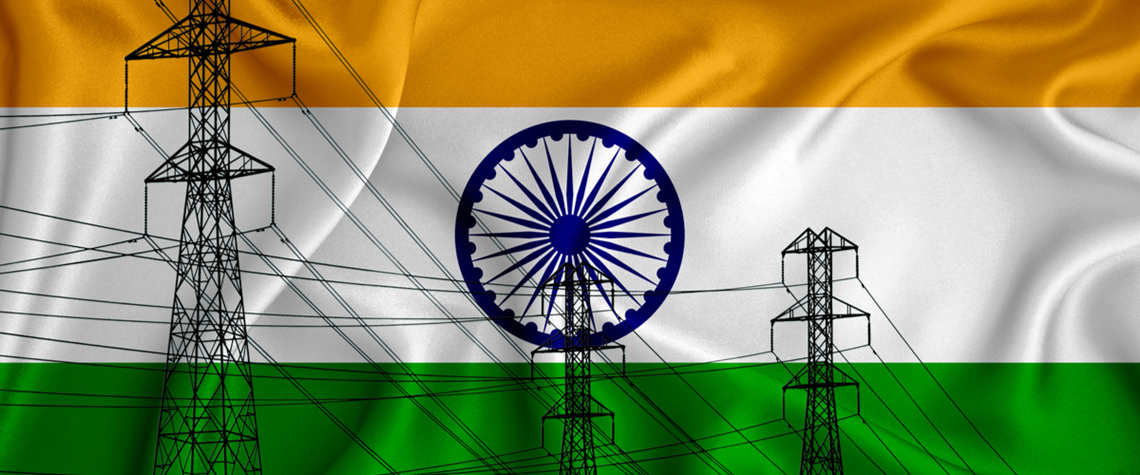India’s green growth challenges
Despite $1.2bn of additional investment, India could miss its 2022 renewable energy capacity target
As the third-largest global CO₂ emitter, India faces pressure ahead of Cop26 to demonstrate its commitment to the energy transition—particularly since it has not set a net-zero target. In its ratification of the Paris Agreement, India pledged to reduce its carbon intensity by 33-35pc from 2005 levels and increase the share of non-fossil power capacity to 40pc by 2030. And the country has set a further target to have 450GW of renewable energy capacity installed by 2030, with 175GW by 2022. At a Cop26 meeting last month, Indian finance minister Nirmala Sitharaman said the government was on course to meet its 450GW target and that 100GW had already been installed. But the pandemic has had a sta

Also in this section
9 January 2026
A shift in perspective is needed on the carbon challenge, the success of which will determine the speed and extent of emissions cuts and how industries adapt to the new environment
2 January 2026
This year may be a defining one for carbon capture, utilisation and storage in the US, despite the institutional uncertainty
23 December 2025
Legislative reform in Germany sets the stage for commercial carbon capture and transport at a national level, while the UK has already seen financial close on major CCS clusters
15 December 2025
Net zero is not the problem for the UK’s power system. The real issue is with an outdated market design in desperate need of modernisation







